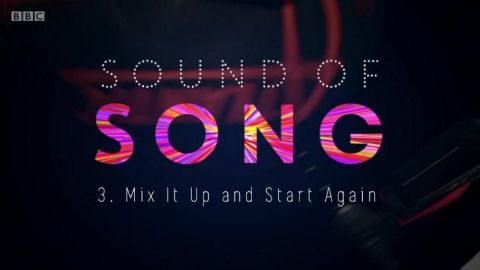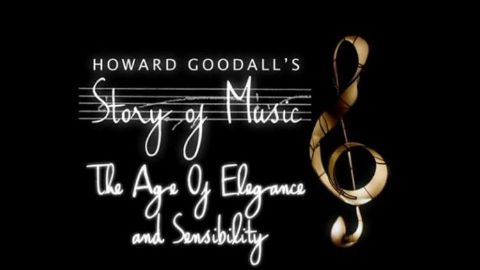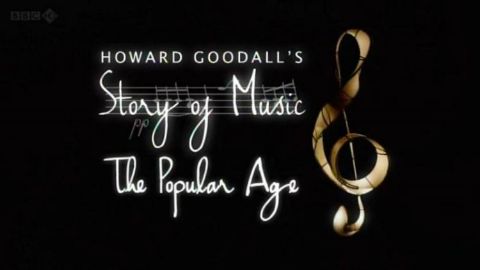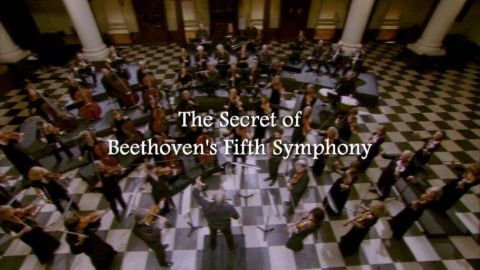You might also like
In the 1970s, America was one nation under a groove as an irresistible new style of music took hold of the country - funk. The music burst out of the black community at a time of self-discovery, struggle and social change. Funk reflected all of that. It has produced some of the most famous, eccentric and best-loved acts in the world - James Brown, Sly & the Family Stone, George Clinton's Funkadelic and Parliament, Kool & the Gang and Earth, Wind & Fire. During the 1970s this fun, futuristic and freaky music changed the streets of America with its outrageous fashion, space-age vision and streetwise slang. But more than that, funk was a celebration of being black, providing a platform for a new philosophy, belief system and lifestyle that was able to unite young black Americans into taking pride in who they were. Today, like blues and jazz, it is looked on as one of the great American musical cultures, its rhythms and hooks reverberating throughout popular music. Without it hip-hop wouldn't have happened. Dance music would have no groove. This documentary tells that story, exploring the music and artists who created a positive soundtrack at a negative time for African-Americans. Includes new interviews with George Clinton, Sly & the Family Stone, Earth, Wind & Fire, Kool & the Gang, War, Cameo, Ray Parker Jnr and trombonist Fred Wesley.
2014 • Music
Composer and musician Neil Brand's series exploring the alchemy that creates great songs reaches the modern era, when a revolution in how they were made took place. From the synthesisers of symphonic rock to the mixes of disco and the samplings of hip hop, music was transformed by the arrival of digital technology and the computer, which gave some songwriters more power but others much less. Along the way Neil talks synths with Rick Wakeman from Yes, samples with Public Enemy's Hank Shocklee, uncovers the surprising lo-fi origins of Bruce Springsteen's stadium-busting Born in the USA, and finds out how Cher changed the sound of her voice on the smash hit Believe.
S1E3 • Sound of Song • 2015 • Music
The composer examines the age of Haydn, Mozart, Beethoven, Schubert, Mendelssohn, Schumann and Chopin. This period from 1750 to 1850 saw composers going from being paid, liveried servants of princes and archbishops to working as freelancers required to appeal to a new, middle-class audience. The era also saw tremendous social upheaval, including the American, French and Industrial revolutions, but until around the turn of the 19th century, the music that was being written bore little relevance to the tumultuous changes in society.
S1E3 • Howard Goodall's Story of Music • 2013 • Music
The composer examines the history of the past 100 years in music, known as the popular age. During this period, classical music - as it is now termed - seemed to be in decline, but Howard argues that while some cutting-edge works proved too challenging to be appreciated by the mainstream audience, the DNA of the genre is alive and well in musical theatre, cinema and popular music.
S1E6 • Howard Goodall's Story of Music • 2013 • Music
Ian Hislop and John Eliot Gardiner reveal the story behind Beethoven's Fifth Symphony. Described as the 'greatest 'great' piece ever written,' its opening notes are among the most recognisable in history. But no one really knows what Beethoven was trying to express with this piece. The traditional wisdom is that he is railing against fate and his deafness. But John Eliot believes the music expresses Beethoven's belief in the French Revolution. This is turbulent music from a turbulent man living in a turbulent age. John Eliot and Ian Hislop bring to life the exciting and dangerous times that shaped Beethoven personally and creatively.
2016 • Music
Like an actor's script, a sheet of music instructs a musician on what to play (the pitch) and when to play it (the rhythm). Sheet music may look complicated, but once you've gotten the hang of a few simple elements like notes, bars and clefs, you're ready to rock.





